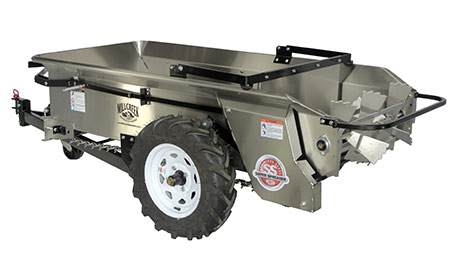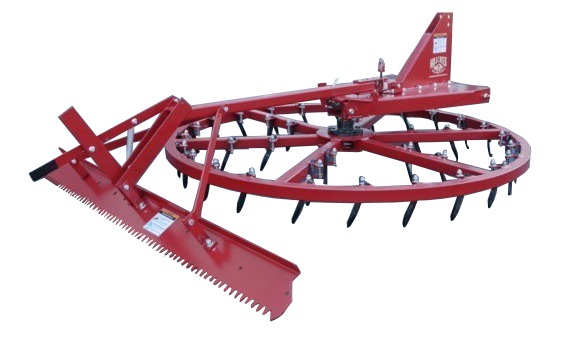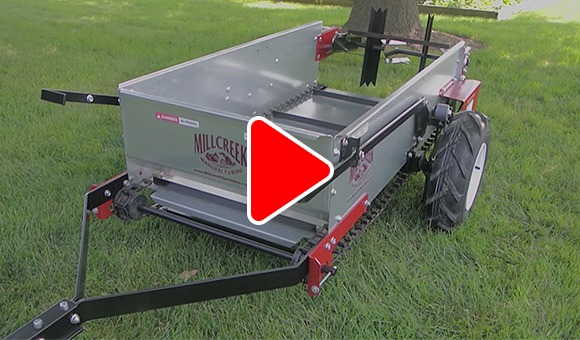
As our daylight hours increase those of us who depend on our egg laying hens begin breathing a sigh of relief. More light in the day means more eggs to be laid! Whether you are a seasoned chicken flock manager or you’re just starting out with peppy pullets, you’ll want to be sure to provide the right elements at this time so your hens will produce the best quality eggs.
From Pullet To Proud Egg-layers
The pullet, or brooding, period is a critical time in a young hen’s life. She must have appropriate shelter, food, water and exposure to heated light. This article details the best brooding strategies approved by the USDA. Once the hen is ready to lay she should be exposed to light for at least 14 hours of the day. For a lot of us in the U.S., we are close to reaching this amount of daylight! No need to worry with providing artificial light. Once daylight savings time ends later in the year, adding a light source will be necessary if you plan to have egg-layers year-round. Otherwise, you’re simply at the mercy of nature!
Don’t Disregard Nutrition
You will want to provide appropriate chicken feed designed just for egg producers. This usually involves a diet higher in calcium than that which is needed for non-egg laying flocks. It is also recommended to supplement calcium in other ways, like by providing oyster shells. This ensures the egg shells aren’t too thin. Also worth mentioning, if you plan to offer table scraps or scratch grains, keep in mind this tends to pose a problem if not kept in moderation. Since scratch grains are high in fiber, they can interfere with the balanced feeds made specifically for egg producing hens.
Shared Spaces
Another very important element effecting egg-laying hens is space allowance. Ideally, each hen should have at least 2 square feet of floor space and the same amount of outdoor space if they will be let outside. Space allowances will need to be adjusted for the larger breeds.
You’ve done your part, now let them lay
More often than not, when hens aren’t producing good quality eggs or stop laying altogether, one (or more) of the three factors discussed here is the culprit. Be sure to find out how pullets were raised if buying hens that are ready to lay. Read feed labels carefully and only offer scraps and scratch grains in moderation. Keep their nesting environment clean too! Millcreek Spreaders are very useful for getting this clean-up done quick and easy! Finally, be sure your flock has enough room to move around comfortably, offering perches indoors when possible. If you’ve been anxiously waiting for those longer daylight hours of the Spring and Summer months, wait no more! Your hens should notice and catch the cue any day now too!





